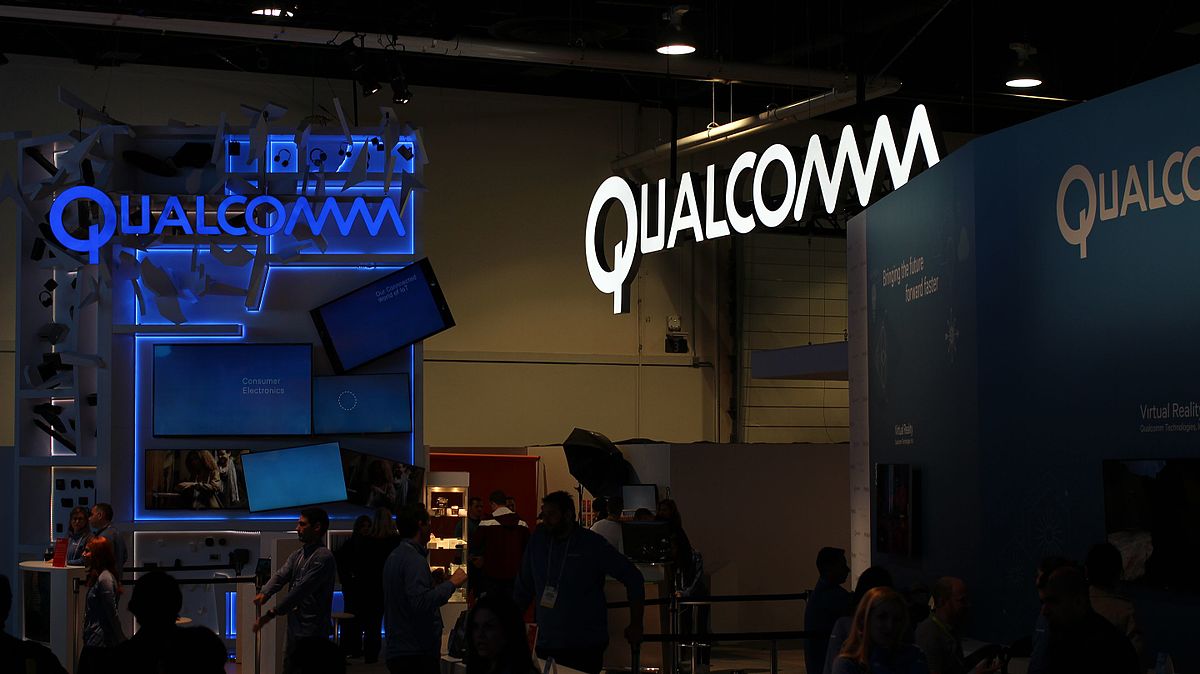Qualcomm's refusal to conquer the server segment can be explained by the company’s intention to cut costs in non-core areas of activity. Given that ARM server processors have never been in high demand, Qualcomm's solution seems quite logical. Moreover, recent events will clearly lead to the fact that the company's financial performance will decline.
In January 2018, Qualcomm announced its intention to cut annual costs by $ 1 billion in order to improve profits and make the company more attractive to investors against Broadcom's interest in it. The latter made Qualcomm several proposals for a merger. One of them amounted to nearly $ 121 billion, but the deal was blocked by US authorities for reasons of national security.
Quantitative sales of servers are much smaller than those of phones and personal computers, but high cost of the first makes such equipment attractive for chipmakers.
Mercury Research predicts that the global data center market will reach $ 20 billion by 2020, up from $ 15 billion in 2017. In terms of CPU server sales, Intel dominates the market with a market share of 99%.
In the second quarter of fiscal year 2018, Qualcomm's profit fell by half due to layoff costs, but sales increased by 5% and were higher than analysts' expectations.
For the three-month reporting period, which ended on March 25, 2018, Qualcomm's net profit fell to $ 363 million from $ 749 million in profit a year earlier. Revenues increased by 5%, reaching $ 5.3 billion, while analysts surveyed by FactSet were expecting sales in the region of $ 5.19 billion.
Excluding the cost of restructuring and other one-time costs, the chip maker fixed the so-called adjusted profit at 80 cents per one security, which is 5 cents more than the average analytical forecast.
According to results of the second quarter of the quarter, Qualcomm's chips shipments totaled 187 million units, an increase of 4% year-on-year. Relative to October-December 2017, shipments of chips collapsed by 21% due to the seasonal factor.
In recent years, Qualcomm has repeatedly been at the center of scandals involving abuse of its dominant position in the chip market. The company was even fined for this. So, in January 2018, the European Commission imposed on Qualcomm a fine of 1 billion euros for bribing Apple in exchange for using only Qualcomm chips in the iPhone and iPad.
source: bloomberg.com
In January 2018, Qualcomm announced its intention to cut annual costs by $ 1 billion in order to improve profits and make the company more attractive to investors against Broadcom's interest in it. The latter made Qualcomm several proposals for a merger. One of them amounted to nearly $ 121 billion, but the deal was blocked by US authorities for reasons of national security.
Quantitative sales of servers are much smaller than those of phones and personal computers, but high cost of the first makes such equipment attractive for chipmakers.
Mercury Research predicts that the global data center market will reach $ 20 billion by 2020, up from $ 15 billion in 2017. In terms of CPU server sales, Intel dominates the market with a market share of 99%.
In the second quarter of fiscal year 2018, Qualcomm's profit fell by half due to layoff costs, but sales increased by 5% and were higher than analysts' expectations.
For the three-month reporting period, which ended on March 25, 2018, Qualcomm's net profit fell to $ 363 million from $ 749 million in profit a year earlier. Revenues increased by 5%, reaching $ 5.3 billion, while analysts surveyed by FactSet were expecting sales in the region of $ 5.19 billion.
Excluding the cost of restructuring and other one-time costs, the chip maker fixed the so-called adjusted profit at 80 cents per one security, which is 5 cents more than the average analytical forecast.
According to results of the second quarter of the quarter, Qualcomm's chips shipments totaled 187 million units, an increase of 4% year-on-year. Relative to October-December 2017, shipments of chips collapsed by 21% due to the seasonal factor.
In recent years, Qualcomm has repeatedly been at the center of scandals involving abuse of its dominant position in the chip market. The company was even fined for this. So, in January 2018, the European Commission imposed on Qualcomm a fine of 1 billion euros for bribing Apple in exchange for using only Qualcomm chips in the iPhone and iPad.
source: bloomberg.com





